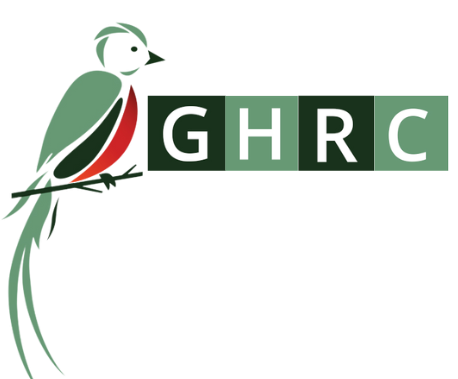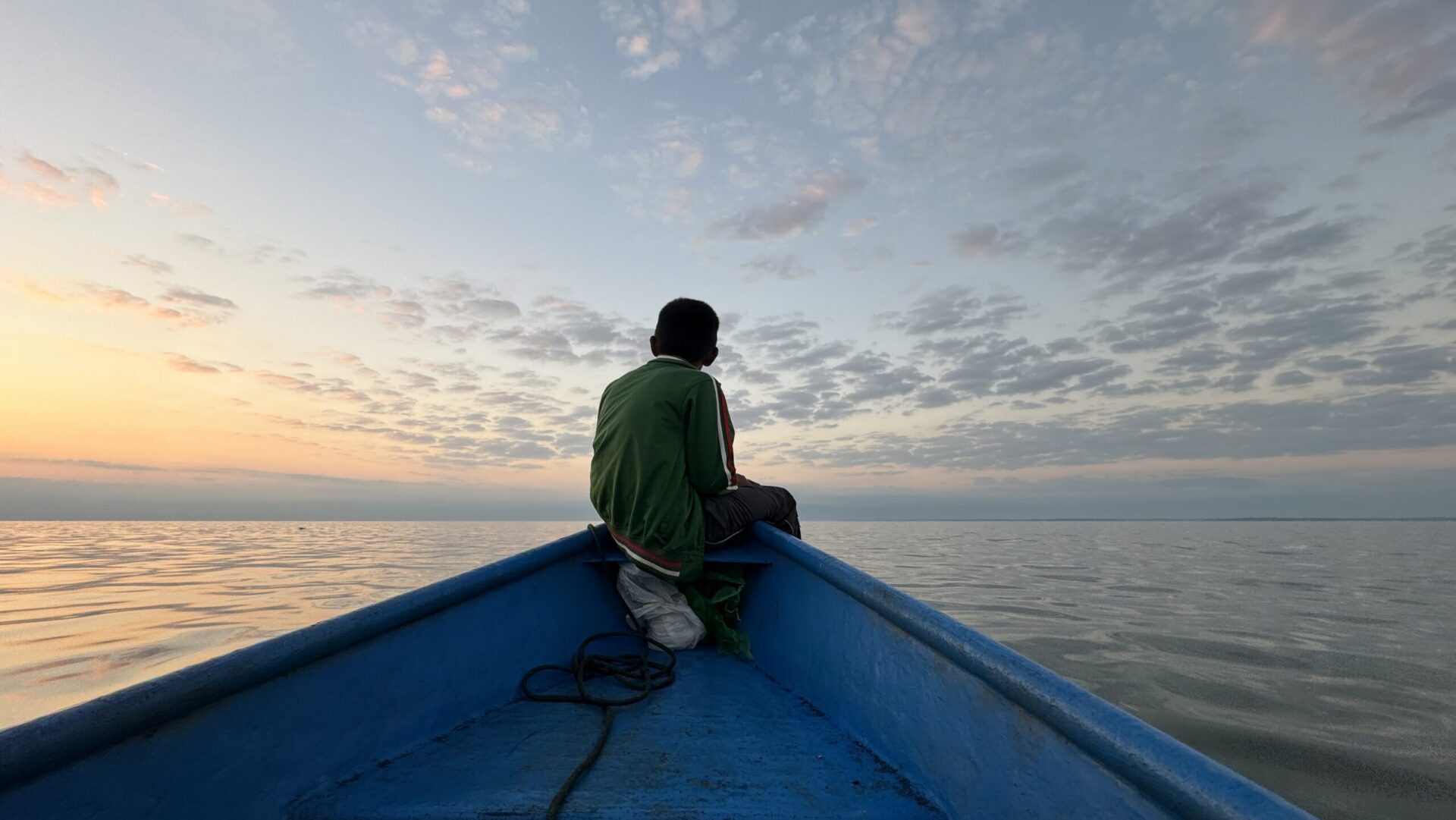Eduardo Bin Pouu is a Maya Q’eqchi’ fisherman who grew up along the shores of Lake Izabal in a community called San Pablo in the municipality of El Estor. Approximately 17 years ago palm oil corporations moved into the Polochic Valley, where Q’eqchi’ communities had long been arbitrarily denied land titles they had rights to. Eduardo Bin explains that part of San Pablo’s land was appropriated by the NaturAceite Corporation to plant palm in 2005, followed by a violent eviction in which San Pablo’s homes and crops burnt. The company continued to divide the community, promising reduce land titles to those who would expel leaders defending the community’s full land rights. As a result the community was divided into San Pablo 1 and San Pablo 2. Eduardo was identified as a community leader and accused of leading the resistance. His family was targeted with extreme violence, his brother was killed and women in his family were assaulted, and they were forced to flee.
Displaced to the town of El Estor, Eduardo made a living from fishing. He was recognized in the region for his ability to understand land rights issues and dialog with State officials. As a result Eduardo had been selected to represent indigenous communities impacted by the Cerro San Gil protected area in a community – state dialog space they referred to as the Consortium for Protected Areas. The community of Aguas Caliente, like most historic Q’eqchi’ communities, had been denied title to their lands when the Cerro San Gil National Park was created, and the community came under threat of eviction. Eduardo, because of his position in the Consortium, was asked to participate in State backed “dialogue tables” with government officials about a land issues after Aguas Caliente evicted in 2016. He participated in a visit the Aguas Calientes community to verify the events surrounding the eviction. This was the one and only time Eduardo Bin says he visited the community of Aguas Calientes.
On June 29, 2018 Eduardo was illegally detained by plain clothed men who forced him into a black SUV as he was leaving a meeting in El Estor. The Fisher’s Guild, where Eduardo serves as Vice- President, immediately organized a protest at the local police station. Police told his colleagues that Eduardo had not been arrested, he had been kidnapped. Alarmed, the Fisher’s Guild and human rights organizations quickly released alerts and demanded state authorities identify his whereabouts. Later that day Eduardo appeared in a police holding cell in Santo Tomas. He had been charged with occupying a protected area, charges filed by FUNDAECO, the state-backed Foundation for Eco Development. Last week Eduardo’s trial for occupation of protected areas ended. The verdict will be delivered May 3.
In addition to the land occupation charges, Bin is one of four fishermen facing malicious prosecution by the CGN nickel company in El Estor and will face trial beginning on May 8 for illegal detention, threats and instigation to commit a crime. Other members of the Fisher’s Guild, Cristobal Pop, Tomas Che and Vicente Rax, as well as local journalist Carlos Choc, have also been charged for illegal detentions. All the charges are related to a protest on May 3-4, 2017 that was organized after representatives of Guatemala’s Natural Resources Ministry did not show up for a meeting scheduled to review contamination charges the fishermen had levied against the CGN nickel mine. On May 27, 2017, another protest was organized and this time, a member of the Fisher’s Guild, 27-year-old Carlos Maaz Coc, was killed by special forces of the National Civil Police. There have been no arrests for his murder.

